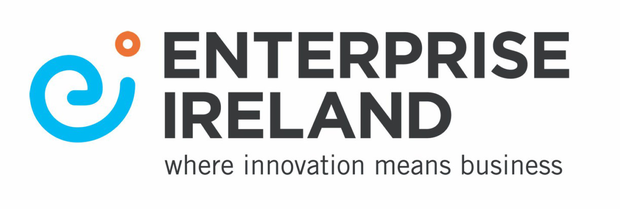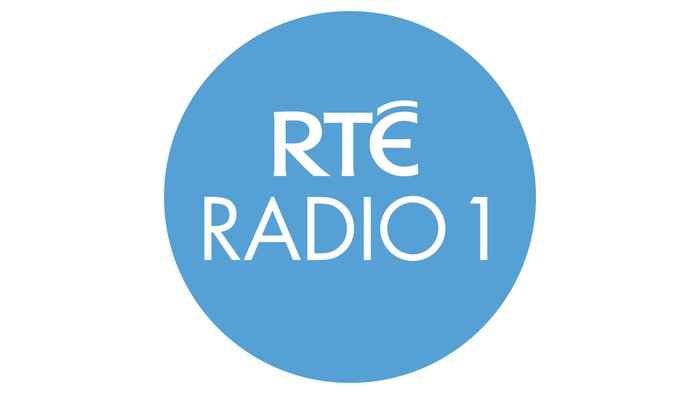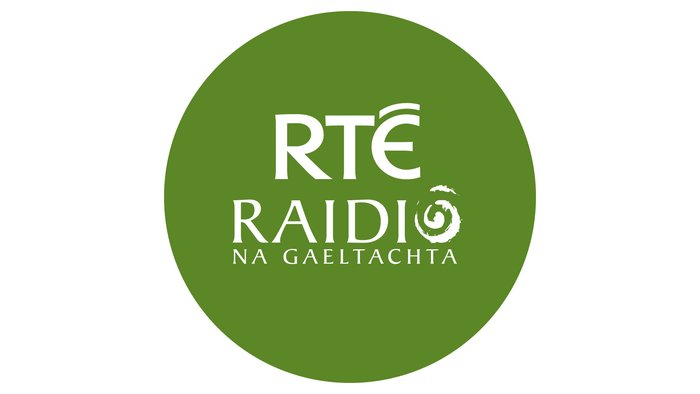|
2/15/2018 Agri Careers - Journey of DiscoveryStarting third level education is an important milestone for thousands of young people. Although the points requirement is marginally down from last year, the demand for Agricultural Science Degree programmes continues to be strong. Employment prospects for Agricultural Graduates are good. Surveys indicate that over 66% of Agricultural Graduates find employment within 12 months.
Choosing Agricultural Science is the first big step in your career pathway. A degree in Agricultural Science will open up a wide variety of career options. Agricultural Science graduates are known to be very innovative in building successful careers in many diverse areas. The lifting of the ban on recruitment in the public service has given a great boost to employment prospects. The following organisations provide the bulk of career opportunities for Agricultural Graduates; · Teagasc – Agricultural, Horticultural and Forestry Advisers, Education Officers , Research Officers · Department of Agriculture – Agricultural Inspectors · Bord Bia – Marketing Executives · Agricultural Consultants · Agricultural Journalists – Irish Farmers Journal, Irish Farmers Monthly, RTE, · Agribusiness - PLC’s like Kerry and Glanbia, Dairy Co-ops, ICOS, Meat Factories , SME’s – some of the roles include Technical Representatives / Sales / Animal Nutrition Specialists · Setting up your own business - Farming , Agribusiness What work would you love to do? Do any of the above roles interest you as a career? A career is a plan for your working life. It’s never too early to plan and start developing your career. Experience has shown that if you are enthusiastic about studying a particular course, one you hope will lead you to the career you desire, you are much more likely to make a success of it. “If one advance confidently in the direction of his dreams...... he will meet with a success unexpected in common hours “– Thoreau What kind of career do you want? Each person is unique. Every one of us has inbuilt motivators or drivers that govern the way we act and feel. “Your career is anchored by your career drivers. A career driver is an inner force which determines what you want and need from your working life “. (Brian McIvor, IMI Executive Coaching Course, 2013/14). Material Rewards – seeking possessions and a high standard of living Power and Influence – seeking to be in control of people and resources A Search for Meaning in life – seeking to do things which will make a difference to people Expertise –Seeking to be recognised for a high level of accomplishment in a specialised field. Creativity – seeking to innovate and be identified with original output. Affiliation – seeking nourishing relationships with others at work Autonomy – seeking to be independent and be able to make key decisions for oneself Security – seeking a solid and predictable future Status – seeking to be recognised, admired and respected by the community at large Take time to reflect on what your career drivers might be. Self awareness and knowledge of what makes you tick can accelerate you to the career you want. I find many young people are unaware of what they really want in a career. Role models or people you admire are known to play an important part in planting the seeds of a career. For example, many young people’s decision to study Agriculture has been influenced by an Agricultural Adviser calling to their farm. There are a number of useful psychometrics which can help give people an insight into what is important to them. Discovering your career mission will give you a sense of purpose and direction. Career Plan The greatest revolution of our generation is the discovery that human beings, by changing the inner attitude of their minds, can change the outer aspects of their lives – William James, eminent psychologist. A good positive attitude is essential if you are to develop a successful career. You must want to succeed. Setting goals and action plans are key elements of this process. I always advise people to write their plan. Writing your thoughts and dreams on paper is powerful. “Dreams provide a ladder, with intermediate rungs. In order to climb them, you must commit to a process” (Bob Rotella, Sports Performance Coach) The key questions in your career plan are. What particular work or role would really interest you? What particular field or organisation would you like to do this work in? Career pathways are rarely straight. They may involve a variety of different routes to your preferred role. An honours degree is essential for many roles. A post graduate qualification is always an advantage. For example, the Walsh Fellowship Masters Programme is a big advantage if you want to be become an Agricultural Adviser with Teagasc. A PhD is essential if you want to be a Researcher with the organisation. Transferable Skills – Start building your CV Your CV is the platform for every successful job Application. It’s all about you – your background, your Education, your Experience, your transferable skills. College years provide great opportunities to build your experience and transferable skills. People skills are important in most careers and it’s never too early to work on building your communication skills. Joining a club or a debating society is a great way to develop your public speaking skills and your confidence! Work Experience Work experience is an important element of your degree programme. Getting work experience in line with your career goals should be a central part of your career plan. It is important to be proactive in getting the right work experience. Don’t just confine yourself to doing just the mandatory work experience. Overseas experience is a great for self development and it always looks good on your CV. In addition to building up your transferable skills (the basis of your CV), work experience is a great way of building up a networks of important people. It’s a great opportunity to make an impact, by figuring out ways you can be really productive and get noticed in a positive way. Networking “Your net worth is equal to your network”. Building up a network of people who will provide information and support you in developing your career is really important. · The Careers Office, College Lecturer or Principal at your College · Make contact with Potential employers in your chosen career field. Match your particular skills with a company who values those skills. Is there an opportunity for work experience or internship? · People who work in your chosen field. This could be a role model. Agricultural Graduates will always look out and support a fellow graduate. They may be able to link you to important people. · A good career Coach is a worthwhile investment. Networking is important skill which will be important throughout your career. Building your confidence and being able to sell yourself should be a continuous process. Trade shows provide a great opportunity to meet influential people. Comments are closed.
|
© Brendan Heneghan Coaching
Address7 The Maples,
Dr. Mannix Rd. Salthill, Galway, Ireland, H91 A40T |
Phone(087) 2518029
|
|












